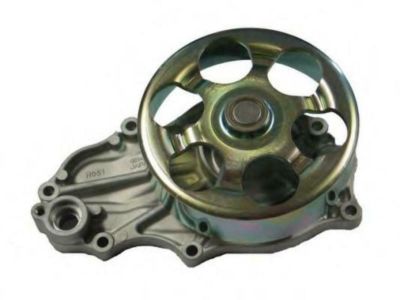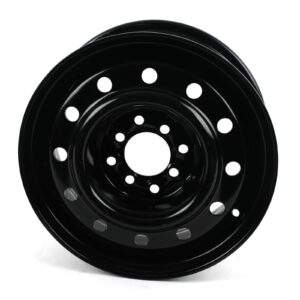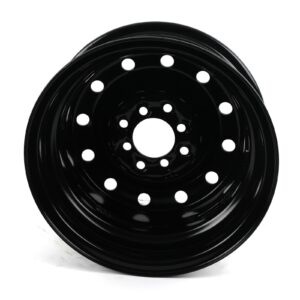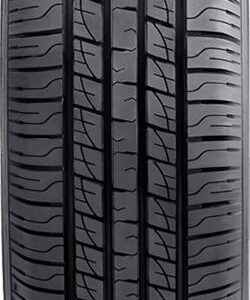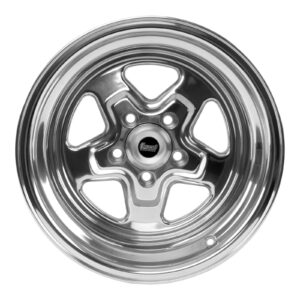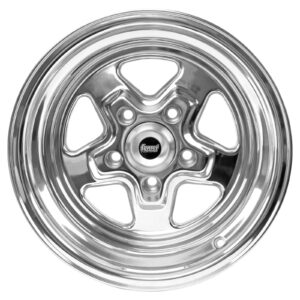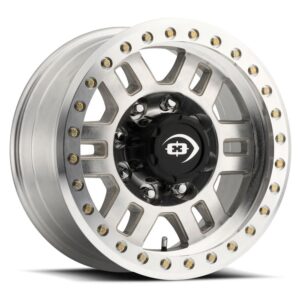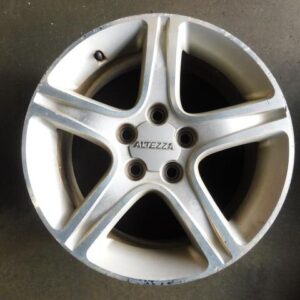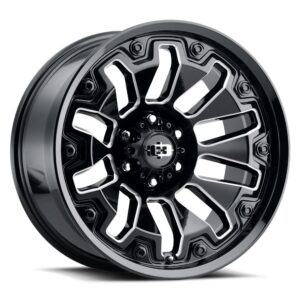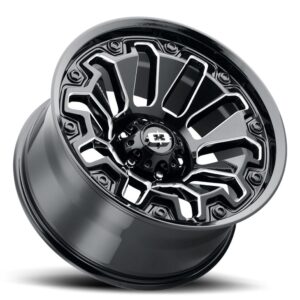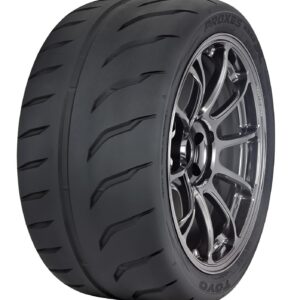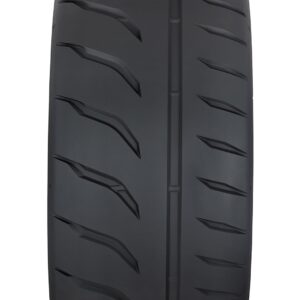About Toyota Wheels and Tires
Toyota, like other automobile manufacturers, offers a variety of wheels and tires options for their vehicles, designed to meet different driving needs and preferences of their customers. Here are some key points regarding Toyota wheels and tires:
- OEM (Original Equipment Manufacturer) Wheels and Tires: When you purchase a new Toyota vehicle, it typically comes equipped with OEM wheels and tires. These are designed specifically for that model to provide optimal performance, fuel efficiency, and safety.
- Wheel Sizes and Designs: Toyota offers a range of wheel sizes and designs to cater to different tastes and requirements. From standard steel wheels to alloy wheels in various finishes and spoke designs, customers have options to personalize their vehicle’s appearance.
- Tire Options: Toyota vehicles are fitted with tires that suit the intended purpose of the vehicle. This could range from all-season tires for everyday driving to performance tires for sports models or off-road tires for SUVs and trucks.
- Tire Maintenance: Toyota recommends regular tire maintenance to ensure optimal performance and safety. This includes checking tire pressure, tread depth, and alignment regularly. Proper maintenance can extend the life of tires and improve fuel efficiency.
- Winter Tires: In regions with cold winters and snowfall, Toyota recommends using winter tires for better traction and control on icy or snow-covered roads. These tires are designed with special rubber compounds and tread patterns to improve grip in low temperatures.
- Aftermarket Options: Apart from OEM wheels and tires, Toyota owners also have the option to choose aftermarket wheels and tires from third-party manufacturers. However, it’s essential to ensure that aftermarket wheels and tires meet the specifications recommended by Toyota to maintain safety and performance standards.
- TPMS (Tire Pressure Monitoring System): Most modern Toyota vehicles come equipped with a TPMS, which alerts the driver if tire pressure is significantly low. This system helps improve safety and fuel efficiency by ensuring that tires are properly inflated.
- Spare Tire: Toyota vehicles typically come with a spare tire, either a full-size or a compact temporary spare. It’s essential to check the condition of the spare tire regularly and ensure it’s properly inflated in case of emergencies.
Overall, Toyota provides a range of wheels and tires options to meet the diverse needs of its customers, prioritizing safety, performance, and durability. Regular maintenance and adherence to manufacturer recommendations can ensure optimal performance and longevity of wheels and tires.
What type of tires does Toyota use?
Toyota uses a variety of tires across its vehicle lineup, depending on factors such as the model, intended use, and regional requirements. Here are some common types of tires that Toyota may use:
- All-Season Tires: These tires are designed to provide a good balance of performance in dry, wet, and light snowy conditions. They are suitable for everyday driving and offer a comfortable ride with decent traction.
- Performance Tires: Toyota equips some of its sportier models with performance tires optimized for enhanced grip, cornering stability, and responsiveness. These tires may have a softer rubber compound and a more aggressive tread pattern for improved performance on dry roads.
- Off-Road Tires: SUVs and trucks from Toyota’s lineup, such as the 4Runner, Tacoma, and Land Cruiser, may come with off-road tires designed for traversing rugged terrain. These tires have a robust tread pattern, reinforced sidewalls, and enhanced traction for off-road adventures.
- Winter Tires: In regions with cold winters and snow, Toyota may offer winter tires as an option or recommend them for improved traction on snow and ice. Winter tires have a special rubber compound that remains flexible in low temperatures and unique tread patterns for better grip in winter conditions.
- Eco-Friendly Tires: Toyota is committed to sustainability, and some of its hybrid and eco-friendly models may come equipped with tires designed for improved fuel efficiency. These tires are engineered to reduce rolling resistance, thereby enhancing fuel economy.
- Run-Flat Tires: Some Toyota models may offer run-flat tires as an option. These tires have reinforced sidewalls that allow them to support the vehicle’s weight even when punctured, enabling the driver to continue driving for a limited distance to reach a repair facility.
- Highway Tires: Toyota’s sedans, minivans, and crossovers often come equipped with highway tires optimized for comfort, low road noise, and long tread life. These tires provide a smooth and quiet ride, making them suitable for highway cruising and daily commuting.
It’s important to note that tire specifications may vary by region and trim level, and Toyota owners should refer to their vehicle’s manual or consult with a dealership to determine the recommended tire type, size, and maintenance schedule for their specific model.

